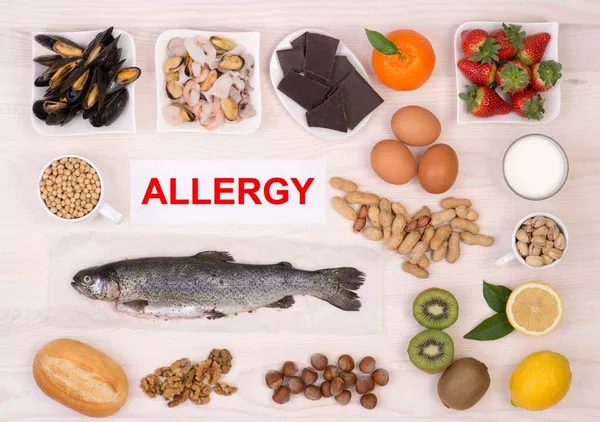Food intolerance is a common condition that affects a significant portion of the population. It occurs when the body has difficulty digesting certain types of food, leading to various symptoms such as gastrointestinal discomfort, bloating, and fatigue. While food intolerance differs from food allergies, it can still have a significant impact on an individual’s quality of life. Fortunately, several treatment options are available today to help manage food intolerance and alleviate the associated symptoms. In this article, we will explore some of the most effective treatment approaches for food intolerance.
1. Identifying Trigger Foods
The first step in managing food intolerance is identifying the specific trigger foods that cause symptoms. Keeping a food diary and recording any adverse reactions can be helpful in recognizing patterns and identifying problematic ingredients or food groups. Elimination diets, where suspected trigger foods are removed from the diet and then gradually reintroduced, can also provide valuable insights into individual sensitivities.
2. Dietary Modifications
Once trigger foods are identified, making dietary modifications is an essential aspect of managing food intolerance. This may involve avoiding or limiting the consumption of specific foods or ingredients known to trigger symptoms. For example, individuals with lactose intolerance may need to limit their intake of dairy products or opt for lactose-free alternatives. Similarly, those with gluten intolerance might follow a gluten-free diet by avoiding wheat, barley, and rye.
3. Enzyme Replacement Therapy
Enzyme replacement therapy (ERT) is a treatment option primarily used for managing digestive enzyme deficiencies. In conditions such as lactose intolerance or pancreatic insufficiency, where the body lacks specific enzymes required for proper digestion, ERT can help alleviate symptoms. Supplemental enzymes are taken in the form of oral capsules or tablets before meals to aid in the digestion of specific nutrients.
4. Probiotics
Probiotics are live bacteria and yeasts that are beneficial for the gut microbiome. They can help improve digestion and reduce symptoms associated with food intolerance. Probiotic supplements or foods containing active cultures, such as yogurt and fermented vegetables, can be incorporated into the diet to promote a healthy balance of gut bacteria.
5. Nutritional Support
Food intolerance can sometimes lead to nutritional deficiencies due to restricted dietary choices. Seeking guidance from a registered dietitian or nutritionist can ensure that individuals with food intolerance receive adequate nutrition. These professionals can provide personalized advice on alternative food choices and recommend appropriate vitamin and mineral supplements, if necessary, to address any nutritional gaps.
6. Mind-Body Techniques
Stress and anxiety can exacerbate symptoms of food intolerance. Therefore, incorporating mind-body techniques such as meditation, deep breathing exercises, and yoga can help manage stress levels and promote overall well-being. These practices can have a positive impact on digestion and reduce the severity of symptoms experienced.
7. Allergy Shots (Immunotherapy)
In some cases, food intolerance may be accompanied by allergic reactions. Immunotherapy, commonly known as allergy shots, is a treatment option that involves exposing the body to small amounts of allergens over time to build tolerance. While this approach is primarily used for food allergies, it may also benefit individuals with food intolerance who experience severe symptoms due to cross-reactions.
Conclusion
Living with food intolerance can present challenges, but effective treatment options are available to help manage symptoms and improve quality of life. Identifying trigger foods, making dietary modifications, considering enzyme replacement therapy, incorporating probiotics, seeking nutritional support, practicing mind-body techniques, and discussing immunotherapy options with healthcare professionals are all valuable approaches to consider. It is important for individuals with food intolerance to work closely with healthcare providers to develop a personalized treatment plan that suits their specific needs, ensuring they can enjoy a balanced diet and minimize the impact of food intolerance on their daily lives.


